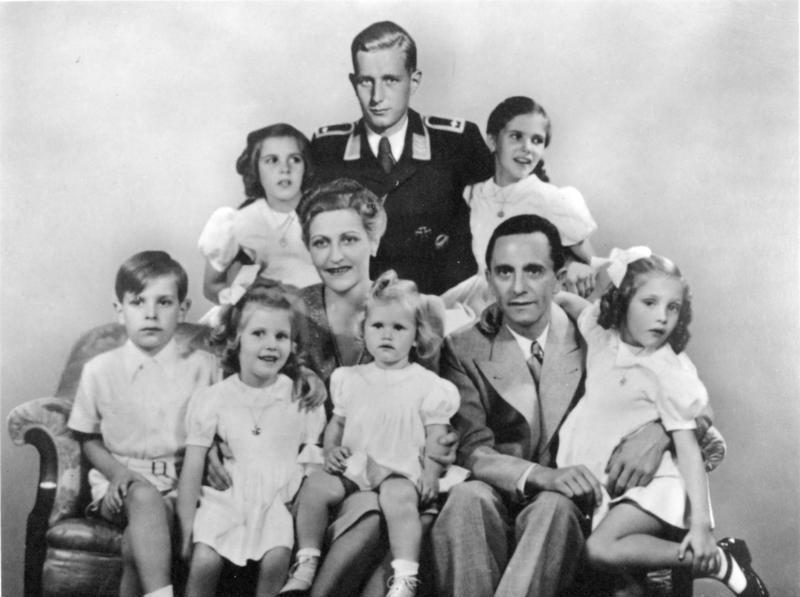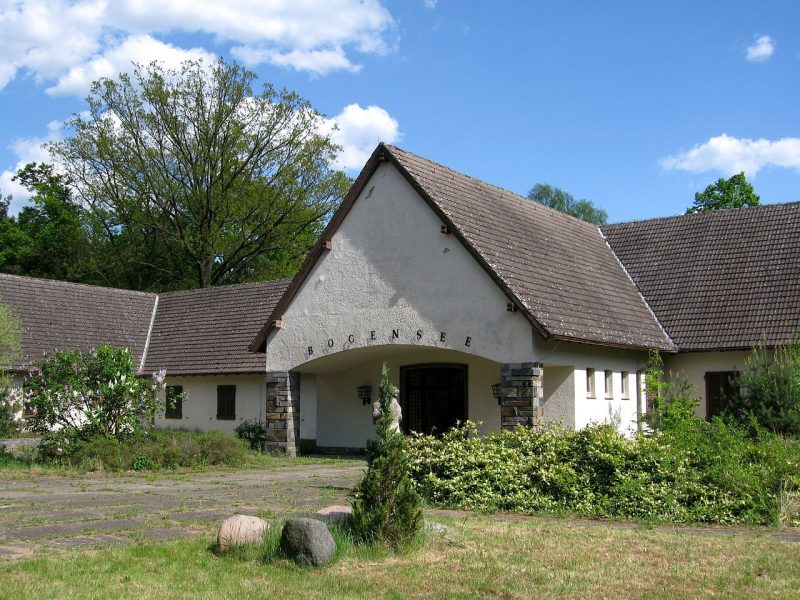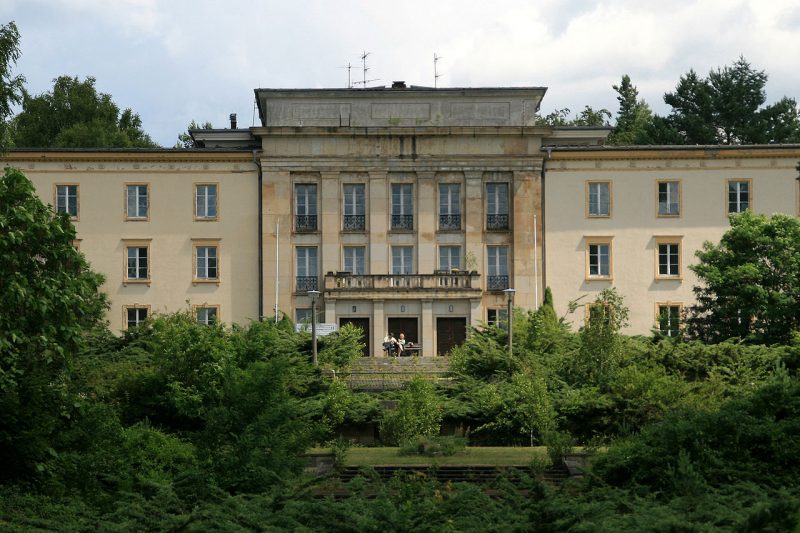For over 15 years, Berlin City has been trying to sell one piece of real estate north of the German capital. The issue is that officials in Berlin have actually admitted that they see the building as a millstone around their necks instead of a building that could be profitably liquidated.
The city is even scrambling to pay for a record refugee influx, and still the property is of no use to them. The city’s real estate agency, Berlin Immobilienmanagement GmbH (BIM), has given up on the sale of the building for fear that it could possibly fall into the wrong hands. They do not want to sell it to just anyone and would prefer to leave it standing empty than to sell to the wrong person.
The executive director of the BIM, Birgit Moehring, said that she is afraid that the building could become a shrine for Nazis if it is sold to the wrong person, and they do not want to take that risk. She said that the real estate company is looking to lease the property instead.
The building is set in a wood and right near the small Bogen Lake. The home was used as a Nazi country retreat which was perfect for their trysts. It was also known for the many female performers that came in and out – wanna-be actresses and paramours.
Christian Breitkreutz, the BIM spokesman, said that the building was a refuge from the city for the Nazis. It was about 25 miles to the south. The Nazis completed a small cabin on the property in 1936.
The building was made for Hitler’s skilled spin doctor, Goebbels, for his 39th birthday. Goebbels loved how it was quite secluded, but also had a large villa built on the site. Added bonuses included a private cinema and living quarters to overlook the lake.

Today, there are still guards in front of the building so that the property is not damaged. One of the guards, Roberto Mueller, who has been working there since 1994, said that there were picture windows, wood paneling, and marble fixtures.
These decorations can still be seen inside. However, since it has stood empty for 15 years it has been ravaged by the moisture and freezing cold temperatures in the area. It has been decaying fast over the last few years.

Goebbels and his wife Magda had committed suicide in Hitler’s bunker, as Berlin was being overrun by the Soviet Army in May 1945. Before Magda committed suicide, she killed their six children.

It is believed that the building has not been sold because it sits on the same piece of land and another vestige of the country’s terrible past. After the war, East Germany had built a large complex on the land in the Stalinist style during the early 1950’s.
It was built to house a training centre for the communist party’s youth indoctrination organization. It was also used as a party house for countries such as Vietnam, Cuba, and Angola. During that time, the Goebbels’ villa had turned into a supermarket for the students and a children’s nursery.
In total, there was 15,000 square feet of bedrooms, conference halls, reception and banquet space.
Currently, there is no heating, running water, and there is extreme damage to the facades and roofs. Whoever would buy it would have to put some considerable money and work into improving it.
The building has been used for one movie set in the past years. It is an adaptation of a wartime bestseller.
One of the bankers said that she hopes that someone who is interested in the building’s rich history can use the building for educational purposes and will eventually want to purchase it. She said that otherwise it would make a good historical hotel for people to stay.
She added that there have been investors, but since it is considered a building and not a home, it would have to stay the same; investors couldn’t change it very much. With that being said, she hopes that it can eventually be stripped of its protected status.
She added that she has always defended protected buildings, however, this building would probably benefit from being unprotected so that someone can take better care of it. Otherwise, there is another option – completely knock it down.
